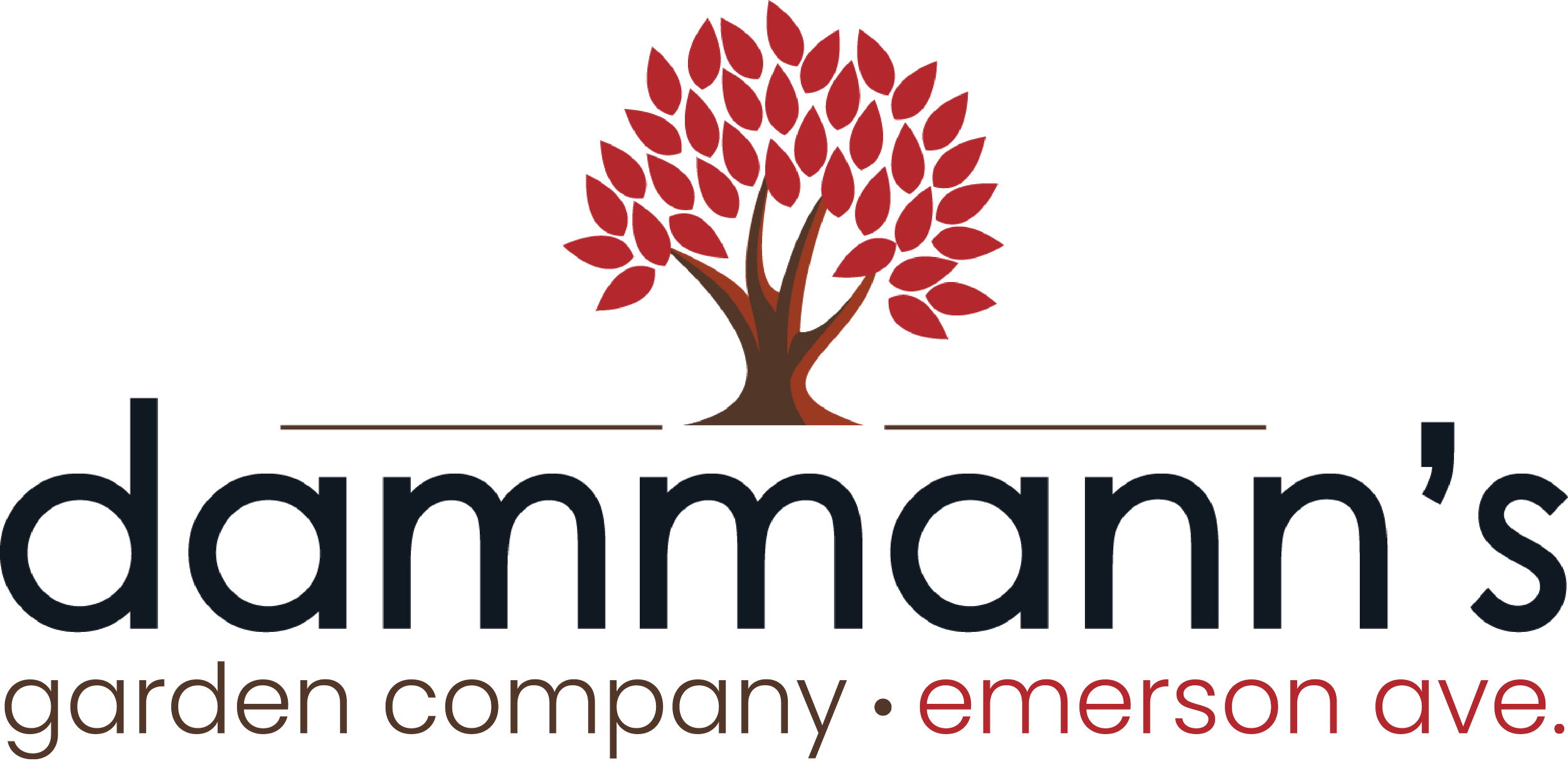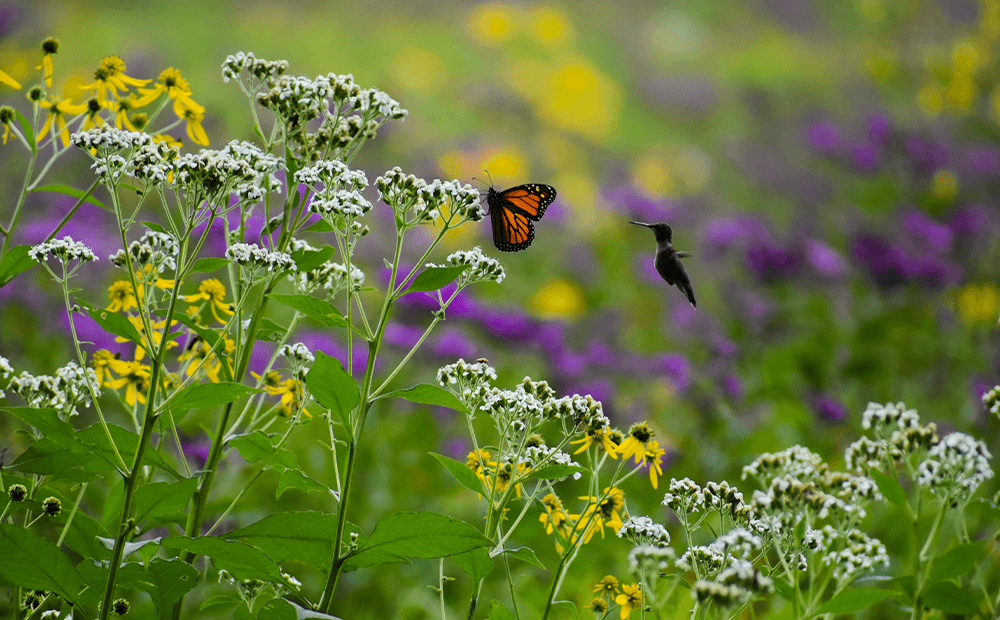CREATING A POLLINATOR-FRIENDLY GARDEN
During the springtime, your garden is ready to grow, harvest, and attract pollinators. However, pollinators are declining, so gardeners must take action and bring in pollination to ensure your plants thrive in your garden all season long. Keep reading to learn everything you need to know about supporting pollinators in your garden for a healthy ecosystem.
Types of Pollinators
It may be a surprise that there are more pollinator creatures than just bees to attract to your plants in your garden. Birds, butterflies, moths, hummingbirds, flies, beetles, bats, wasps, and tiny mammals are some of the animals and insects that can feed off your garden plants and help pollinate your garden. Creating a pollinator-friendly garden is so important to attract pollinators for the best interest of your garden and your local ecosystem. Attracting these populations is easier than you might think!
What Is a Pollinator Garden?
In its most basic form, a pollinator garden is a landscape with hardscapes, native plants, and water elements that attract pollinators. It produces a natural and native-to-the-area atmosphere, making pollinators more at ease when doing their job. You'll have some happy critters in your yard if they can find water supplies, shelter, and vegetation that they recognize. Furthermore, having beneficial insects and birds in your garden can lessen the likelihood of destructive pests invading.
Pollinator gardens are cost-effective and easy to implement in your garden for a healthy ecosystem. Once established, these gardens are incredibly low-maintenance, so you can focus on other elements of your garden or simply sit back and relax.
Why Is It Important to Encourage Pollinators in Your Garden?
Pollinator numbers are steadily falling due to increased urbanization and declining native habitat. Agriculture, mining, and human development are the primary causes of pollinator habitat loss. Pollinators with specific habitat requirements may not be able to find overwintering, feeding, or nesting sites to help them survive. Furthermore, pollinators are critical for food production, healthy ecosystems, and the overall well-being of the planet; thus, gardeners must consider pollinator health!
How to Attract Pollinators
As mentioned above, pollinator-friendly gardens are incredibly low-maintenance and require little action on your part! Small improvements to your garden can attract scores of insects and birds daily, resulting in a significant impact by the end of the year. Not only will this improve the environment as a whole, but a well-balanced and well-rounded garden will also benefit the ecosystem within your yard.
The first way to attract pollinators is to provide basic survival needs so they have a place to call home near your garden. Including the following:
Water sources for pollinators to drink
Shelter from wind
Native trees, wildflowers, shrubs, grasses, and perennials
Bee hotels or birdhouses!
By creating a bird-friendly yard, species from near and far will be attracted to your garden plants and begin relying on you as a source of food and shelter. Birds hide in various layers of the canopy. That's why a mix of trees, bushes, plants, vines, and tall grasses provides the best protection.
You can also plant native perennials to feed your birds their seeds, nectar, and fruit. Birds also look for nest building materials, so planting plants that provide these elements encourage birds to build a nest nearby to return to your garden for more food and shelter.
Beneficial bugs will also find shelter in the natural habitat, pollinating your native plants as they go. With all the bugs, birds, and bees in your yard, you'll have a beautiful little ecosystem that gives back to mother nature.
Visit Dammann's Garden Company and find elements of a pollinator garden near you to create a friendly pollinator garden to better your plants and environment's health!






